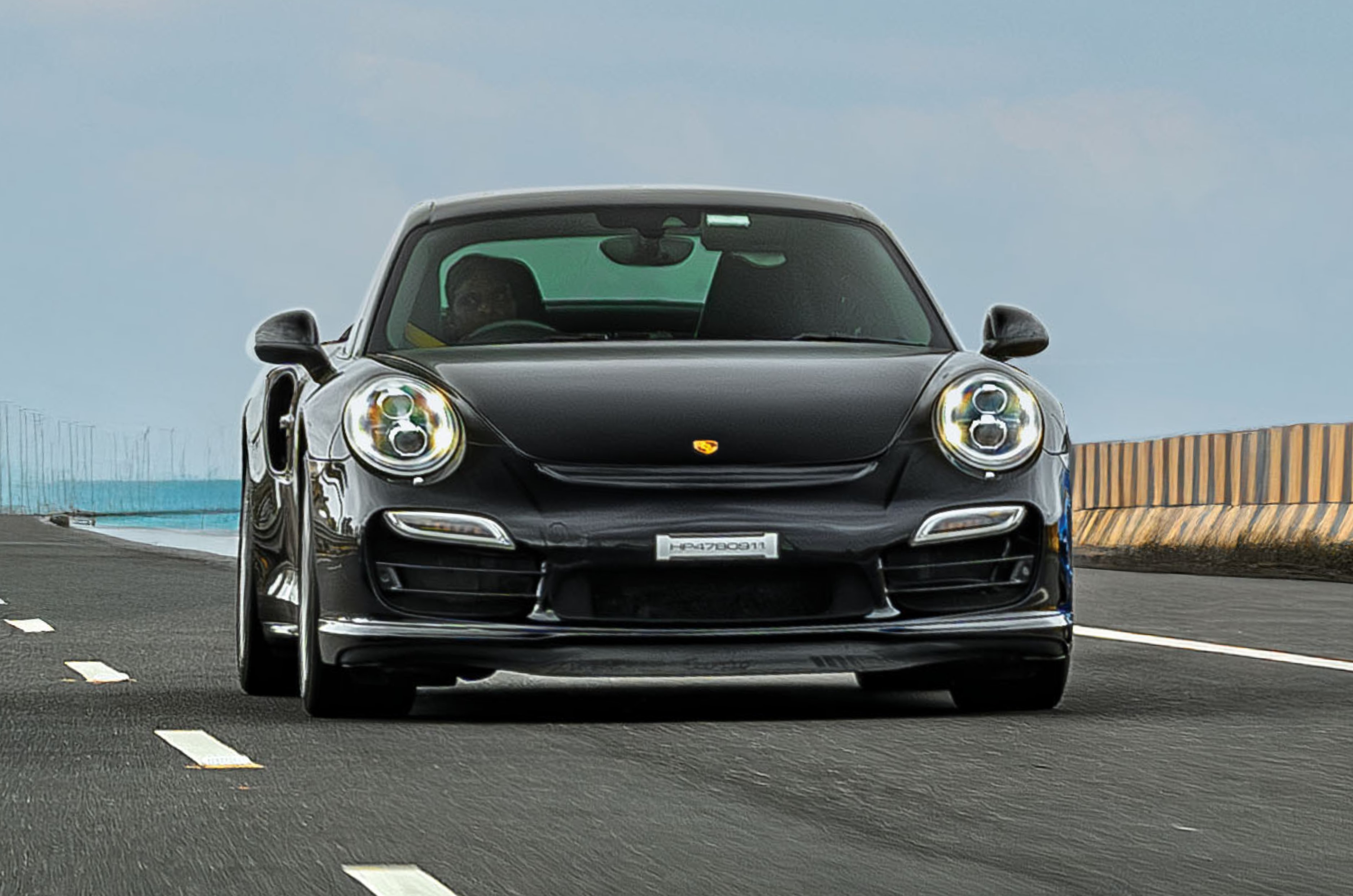The BYD Sealion 7 was recently launched with prices ranging between Rs 48.9 lakh and Rs 54.9 lakh (ex-showroom), joining a growing segment of premium EVs in India. It is closely related to the BYD Seal sedan, sharing a lot of the design aesthetics, interior features and even battery and powertrain options. But it is not just the body style that sets them apart; there are a few other specifics differentiating them as well. Read on to explore them in greater detail.
BYD Sealion 7 vs Seal dimensions
| BYD Sealion 7 vs Seal dimensions | |||
|---|---|---|---|
| Sealion 7 | Seal | Difference | |
| Length | 4830mm | 4800mm | 30mm |
| Width | 1925mm | 1875mm | 50mm |
| Height | 1620mm | 1460mm | 160mm |
| Wheelbase | 2930mm | 2920mm | 10mm |
| Ground Clearance | 170mm | 145mm | 25mm |
| Kerb weight | 2225kg-2340kg | 1922kg-2185kg | - |
| Frunk storage | 58-litres | 50-litres | 8-litres |
| Rear boot space | 500-litres | 400-litres | 100-litres |
| Wheel size | 19-inch/20-inch | 18-inch/19-inch | - |
Sealion 7 is larger in every metric
As you can see in the table above, the Sealion 7 is larger than the Seal in every metric – it is 30mm longer, 50mm wider and even the wheelbase is longer by 10mm. The SUV body style obviously also lends it a higher ground clearance and overall height, and it also has more storage space. As for wheel sizes, the Seal gets 18-inch and 19-inch options, while the Sealion 7 gets 19-inch and 20-inch options.
Ocean design language common to both
Dimensions aside, both the Sealion 7 and Seal share the same Ocean aesthetics design language. Both get similar looking headlamps with a protruding LED DRL, and connected LED tail-lamps at the rear, although they are shaped differently. The Seal additionally gets some LED lighting elements on the bumper, while the Sealion 7 gets an X-design motif for the fascia.
In terms of colour options, the Atlantis Grey, Aurora White and Cosmos Black are common to both. However, the Sealion 7 gets a unique Shark Grey exterior colour while the Seal has an Arctic Blue exterior colour.
BYD Sealion 7 vs Seal interior and features
On the inside, the Sealion 7 and Seal have quite different looking dashboards. The former has an integrated digital instrument cluster on a flat dashboard panel, while the latter gets floating digital dials with a more layered dashboard design. The steering wheel and centre console layout are also quite different, with the Seal having a more flamboyant design.
Sealion 7 is higher on safety features
What’s common is BYD’s signature 15.6-inch rotating touchscreen infotainment system, as is most of the equipment list. Both cars get a 10.25-inch digital instrument cluster, a panoramic sunroof, powered driver and front passenger seat with ventilation, wireless Apple CarPlay and Android Auto, dual-zone climate control, ventilated front seats, heads-up display, wireless phone charger, 12-speaker Dynaudio sound system, ambient lighting, 360-degree camera and an ADAS suite. The Sealion 7, however, goes a step up on the safety aspect with 11 airbags as opposed to the Seal’s 9.
BYD Sealion 7 vs Seal battery, range and variants
| BYD Sealion 7 vs Seal specifications | ||
|---|---|---|
| Sealion 7 | Seal | |
| Battery Pack | 82.56kWh | 61.44kWh, 82.56kWh |
| Power | 313hp/530hp | 204hp, 313hp/530hp |
| Torque | 380Nm/690Nm | 310Nm , 360Nm/670Nm |
| Drive layout | RWD/AWD | RWD, RWD/AWD |
| 0-100kph | 6.7sec/4.5sec | 7.5sec, 5.9sec/3.8sec |
| Claimed NEDC range | 567km/542km | 510km, 650km/580km |
Seal additionally gets a smaller battery
There’s an important difference on the mechanical front, with the Seal getting a smaller 61.44kWh battery in the more accessible Dynamic variant. This version gets a single electric motor on the rear axle producing 204hp and 310Nm of torque, and has a claimed range of 510km.
Seal has greater range and is quicker
The larger 82.56kWh battery, however, is common to both. It’s offered in two states of tune, but the Sealion 7 has 20Nm more torque compared to the corresponding Seal variant. Being larger and heavier, the Sealion 7’s claimed range is also understandably lesser than the Seal. It is also slightly slower in the sprint from 0-100kph.
BYD Sealion 7 vs Seal price
| BYD Sealion 7 vs Seal price (ex-showroom) | ||
|---|---|---|
| Variant | Sealion 7 | Seal |
| Dynamic | - | Rs 41 lakh |
| Premium | Rs 48.9 lakh | Rs 45.55 lakh |
| Performance | Rs 54.9 lakh | Rs 53 lakh |
Owning to the smaller battery in the Dynamic variant, the BYD Seal has a much more affordable entry-point than the Sealion 7. At the top-end, however, the difference between the Sealion 7 and Seal is just Rs 1.90 lakh. For the premium, the Sealion 7 offers greater road presence, space and practicality, thanks to its SUV attributes, but is down on range and performance. Ultimately, the choice boils down to your usage – if you’re looking for a premium family EV, the Sealion 7 is the better choice, but if you’re looking for something sporty, the Seal has the better appeal.


.jpg?w=735&h=415&q=85)
.jpg?w=735&h=415&q=85)
.jpg?w=735&h=415&q=85)
.jpg?w=735&h=415&q=85)
.jpg?w=735&h=415&q=85)
.jpg?w=735&h=415&q=85)
.jpg?w=735&h=415&q=85)
.jpg?w=735&h=415&q=85)



























